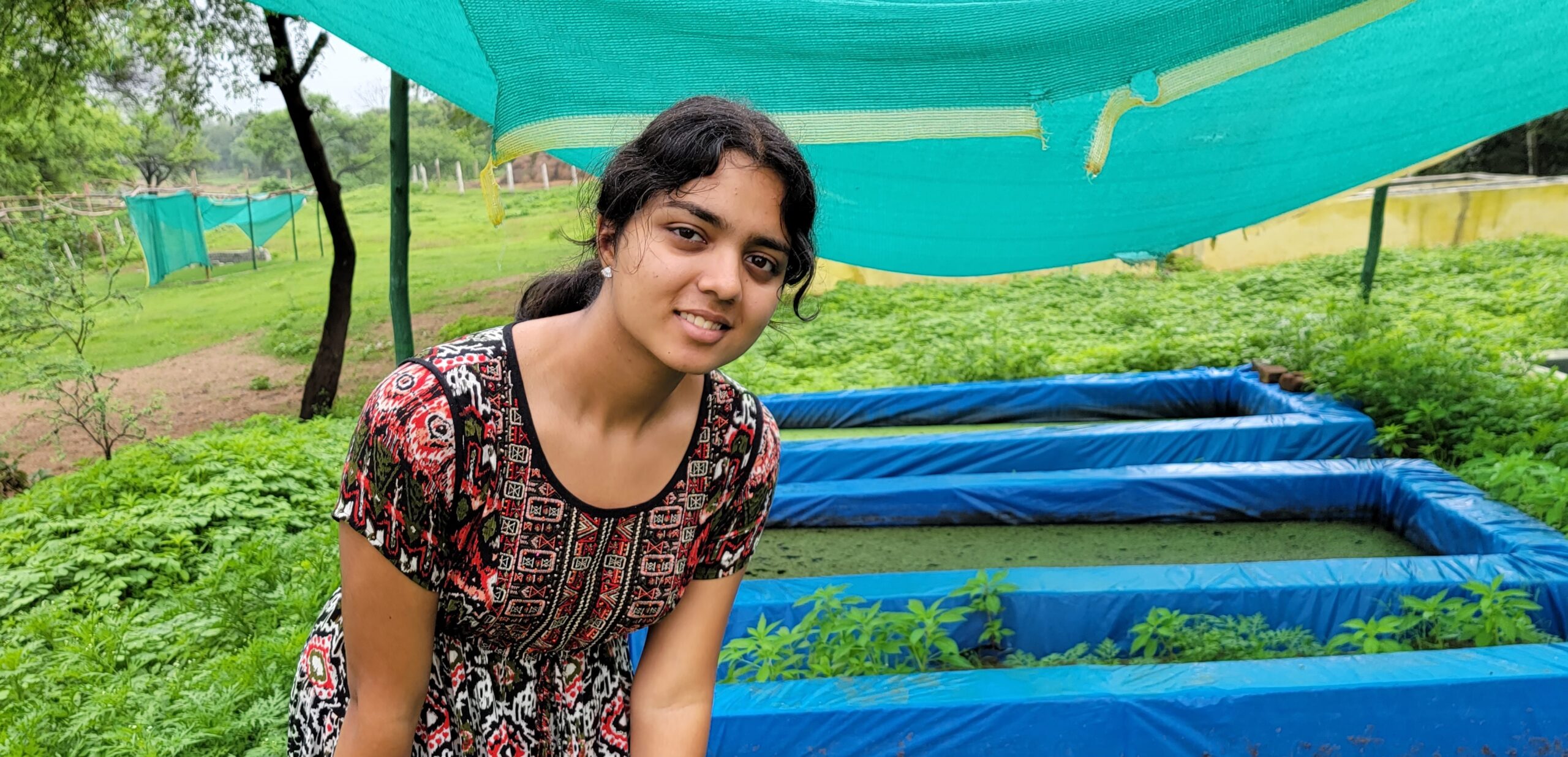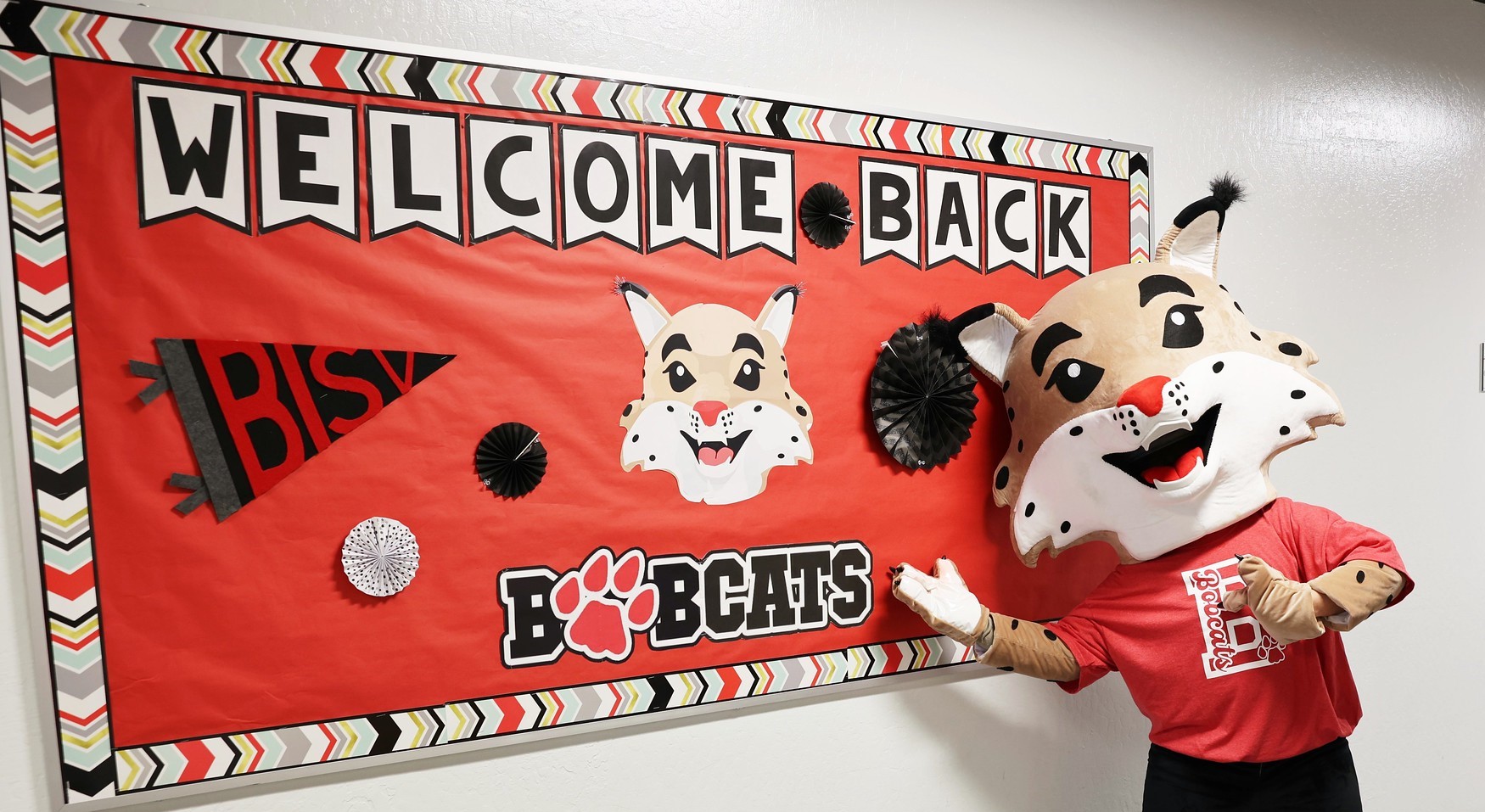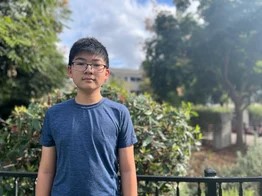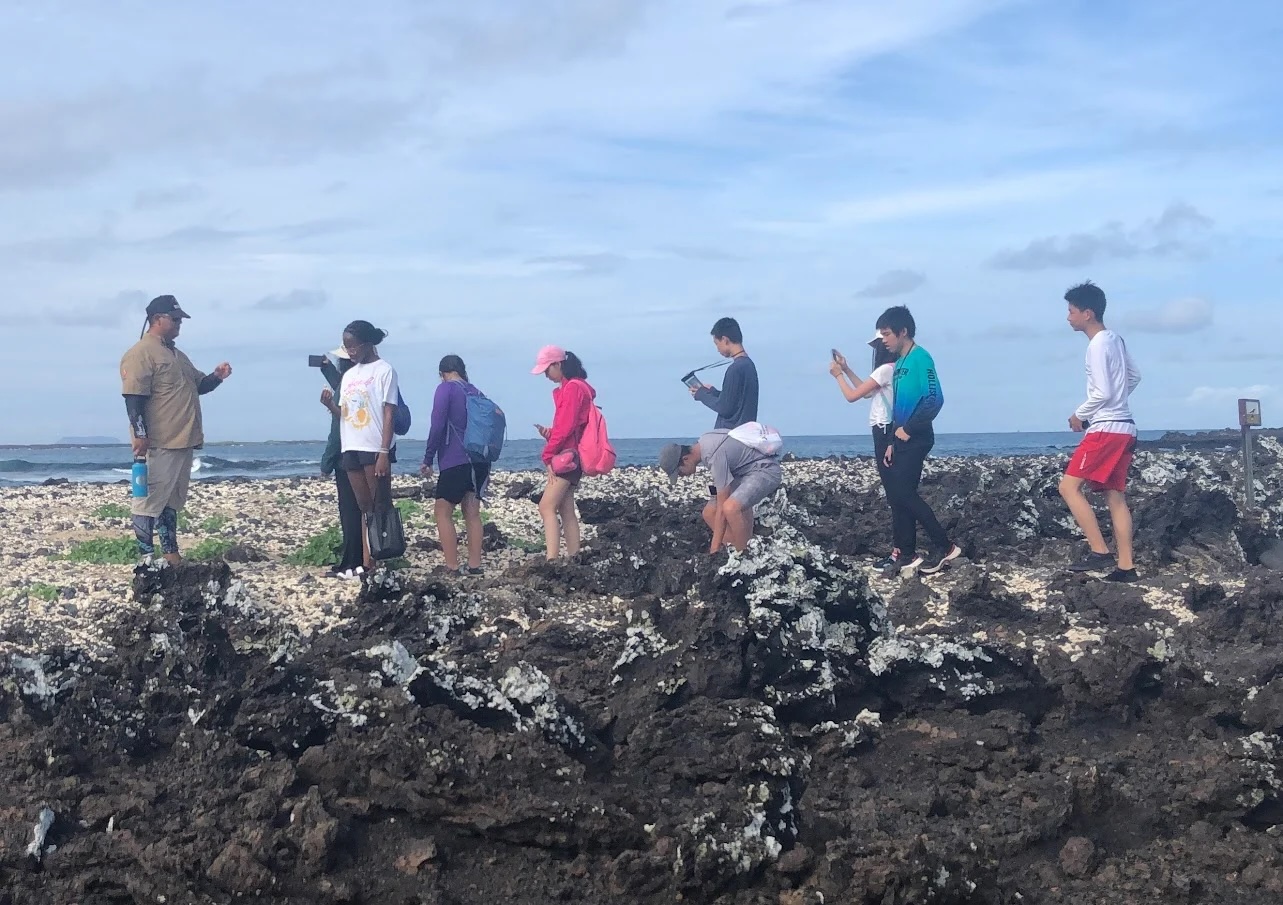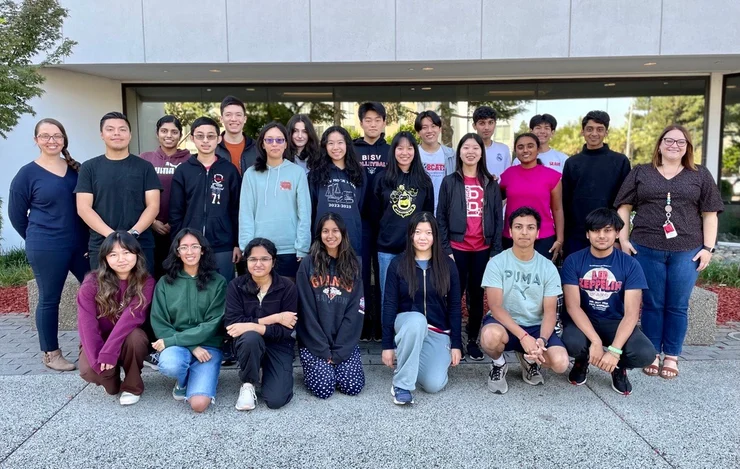Last summer, Manasi S., a sophomore at BASIS Independent Silicon Valley, went on a life-changing volunteer and training trip to India. For three weeks, she dedicated herself to supporting animal...
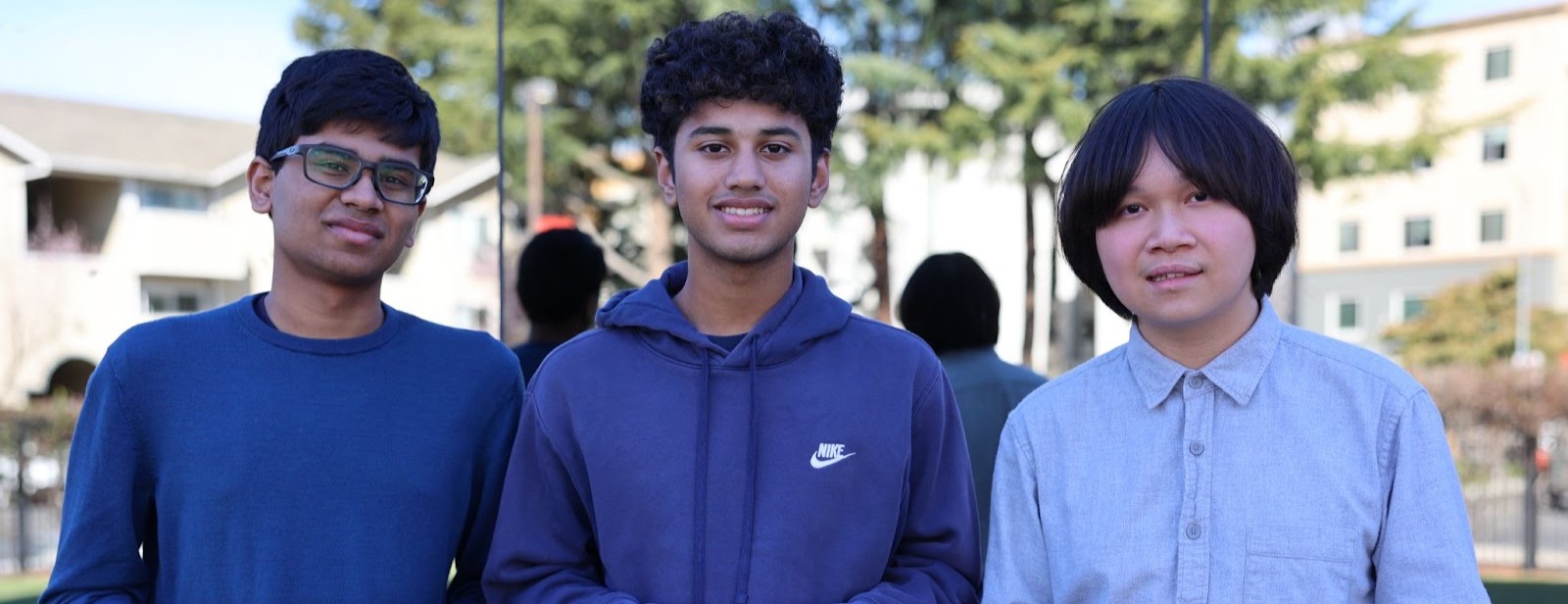
This blog series aims to offer a glimpse into the student life of our Student Ambassadors. The BASIS Independent Silicon Valley Student Ambassadors play an important role by representing BISV...
This month we had the chance to interview Stephanie C., a BASIS Independent Silicon Valley graduate from the class of 2020. During her four years at BISV, she actively engaged...
This month we had the chance to interview Anna S., a BASIS Independent Silicon Valley graduate from the class of 2021. While attending BISV, Anna found interest in cheerleading. As...
This blog series aims to offer a glimpse into the student life of our Student Ambassadors. The BASIS Independent Silicon Valley Student Ambassadors play an important role by representing BISV...
BASIS Independent Silicon Valley Lower organized its first TK and Kindergarten field trip, taking our youngest learners to Lemos Farm Pumpkin Patch in Half Moon Bay. As it was their...
During the final week of the academic year, BASIS Independent Silicon Valley celebrates Term Project Week, an enriching experience for students across all grade levels. This week provides a unique...
The National Merit Scholarship Corporation (NMSC) announced the Semifinalists in the 69th annual National Merit Scholarship Program and nearly 60% of BASIS Independent Schools Class of 2024 have been recognized...
The 2024 Niche private school rankings have been released, and BASIS Independent Schools maintains its position as a national leader in K–12 education. We are excited that our network’s campuses...
On Wednesday, September 13, 2023, officials of the National Merit Scholarship Corporation (NMSC) announced the Semifinalists in the 69th annual National Merit Scholarship Program – including 22 BASIS Independent Silicon Valley...

